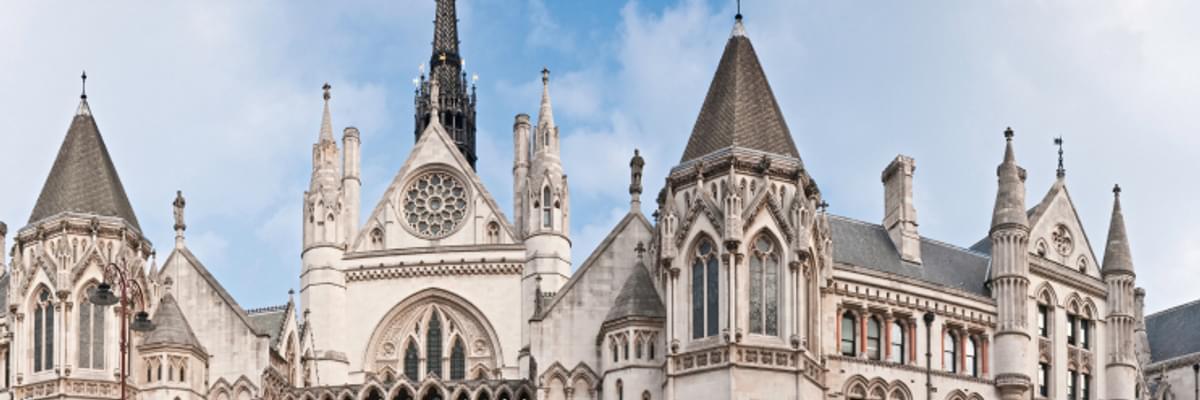
PDF 652.13KB

Once a judgment for money is awarded, the defendant is given a period of time, normally 14 days, to pay. If they don't, you may need to take action to enforce the judgment.
Judgments for money, both those awarded in the County Court and the High Court, can be enforced by High Court Enforcement Officers (HCEOs), who are authorised by the Lord Chancellor and work privately or in private companies.
HCEOs work under the authority of a writ of control, issued when a County Court judgment or order is transferred to the High Court for enforcement using form N293A for a court fee to obtain the writ.
If you have a High Court judgment or order you can request a writ of control using form PF86A along with the court fee for the writ. At The Sheriffs Office we will manage the process on your behalf at no cost.
If successful, we recover your judgment debt, your court costs, your court fee for the writ and interest at 8%, as well as the enforcement costs, from the defendant.
HCEO fees are recovered from the judgment debtor when enforcement is successful. If enforcement is unsuccessful, the judgment creditor only has to pay a Compliance fee. You do not pay any other costs associated with the enforcement of your writ.
As a result, HCEOs tend to have significantly higher collection rates for debt recovery than those of the County Court Bailiffs, who are salaried without any financial incentive to collect.